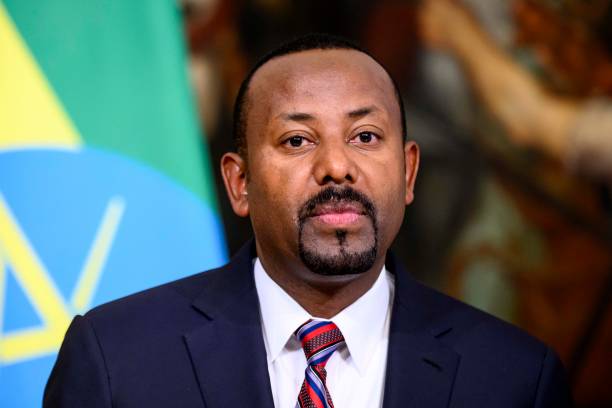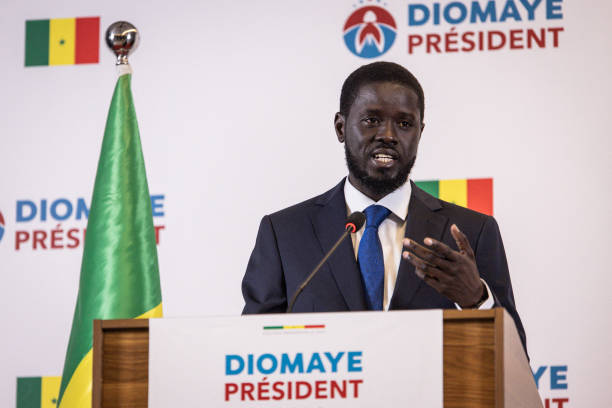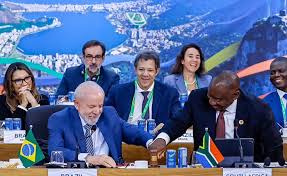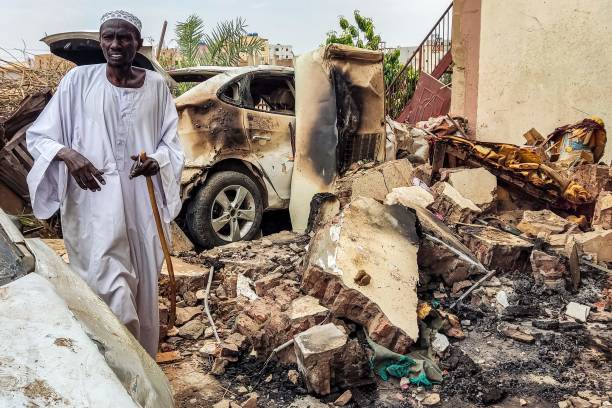It was meant to be a story of hope. In 2019, Abiy Ahmed, the young and charismatic Prime Minister of Ethiopia, stood before the world in Oslo, receiving the Nobel Peace Prize. He was praised for ending a decades-long war with neighbouring Eritrea and for ushering in democratic reforms at home. For a country often seen through the lens of famine and conflict, Abiy seemed like a new beginning.
But just a few years later, his image as a peace-maker lies in ruins. Ethiopia, under his leadership, has been gripped by one of the deadliest civil wars in recent memory. The promise of peace has given way to accusations of war crimes, mass displacement, and a deeply divided nation.
The Rise
Born in 1976 in the small town of Beshasha, Abiy Ahmed came from a humble background. His father was Muslim, his mother Christian — a symbol, perhaps, of unity in a diverse nation of more than 80 ethnic groups. A former soldier and intelligence officer, Abiy entered politics with the ruling coalition and quickly rose through the ranks.
In 2018, following years of anti-government protests, the ruling party surprised many by appointing Abiy as Prime Minister. He was just 41 — young, reform-minded, and full of energy. Almost overnight, Ethiopia changed. Political prisoners were freed. Journalists were welcomed back. Banned opposition groups were allowed to return. And, most significantly, he signed a peace deal with Eritrea, ending 20 years of hostility.
The world cheered. Ethiopia was becoming a symbol of change in a troubled region. Abiy’s Nobel Prize seemed well-earned.
The Fall
But behind the applause, Ethiopia’s old wounds were far from healed. Ethnic tensions simmered beneath the surface. The country’s federal system, which gives power to regional states based on ethnicity, had created a fragile balance that was now under strain.
In late 2020, tensions between Abiy’s government and the Tigray People’s Liberation Front (TPLF) — the once-dominant party in Ethiopian politics — exploded into violence. Abiy launched a military operation in the Tigray region, calling it a “law enforcement” mission. What followed was a brutal conflict that would last for nearly two years.
Reports of atrocities surfaced quickly: massacres, sexual violence, and a humanitarian crisis that left millions displaced or starving. The communications blackout in the region made it hard to know the full extent, but the stories that did emerge painted a dark picture.
For many, it was shocking. How could a Nobel Peace Prize winner preside over such bloodshed?
A Divided Legacy
Abiy’s supporters argue that he was trying to hold the country together. They say the TPLF provoked the war and that the government had a duty to respond. Others see a leader who let ambition and power outweigh his promise of peace.
The conflict formally ended in late 2022 with a ceasefire agreement, but the scars remain. Ethiopia’s economy is struggling. Trust in the government is low. Ethnic violence continues in other parts of the country.
Internationally, Abiy has gone from celebrated reformer to controversial figure. Some call for his Nobel Prize to be revoked — though the Nobel Committee rarely does that. Others wonder how someone once seen as a beacon of peace could fall so far.
A Cautionary Tale
Abiy Ahmed’s story is one of promise and tragedy. He captured the world’s attention with dreams of unity, peace, and modernisation. But in the complex and fragile reality of Ethiopia, dreams alone were not enough.
His legacy is still being written. Some believe he can still steer the country toward stability. Others see his fall as a cautionary tale about the dangers of unchecked power and the limits of hope in a world full of deep divisions.
One thing is clear: Abiy Ahmed will forever be remembered — not just for the peace he once promised, but also for the war he could not prevent.





